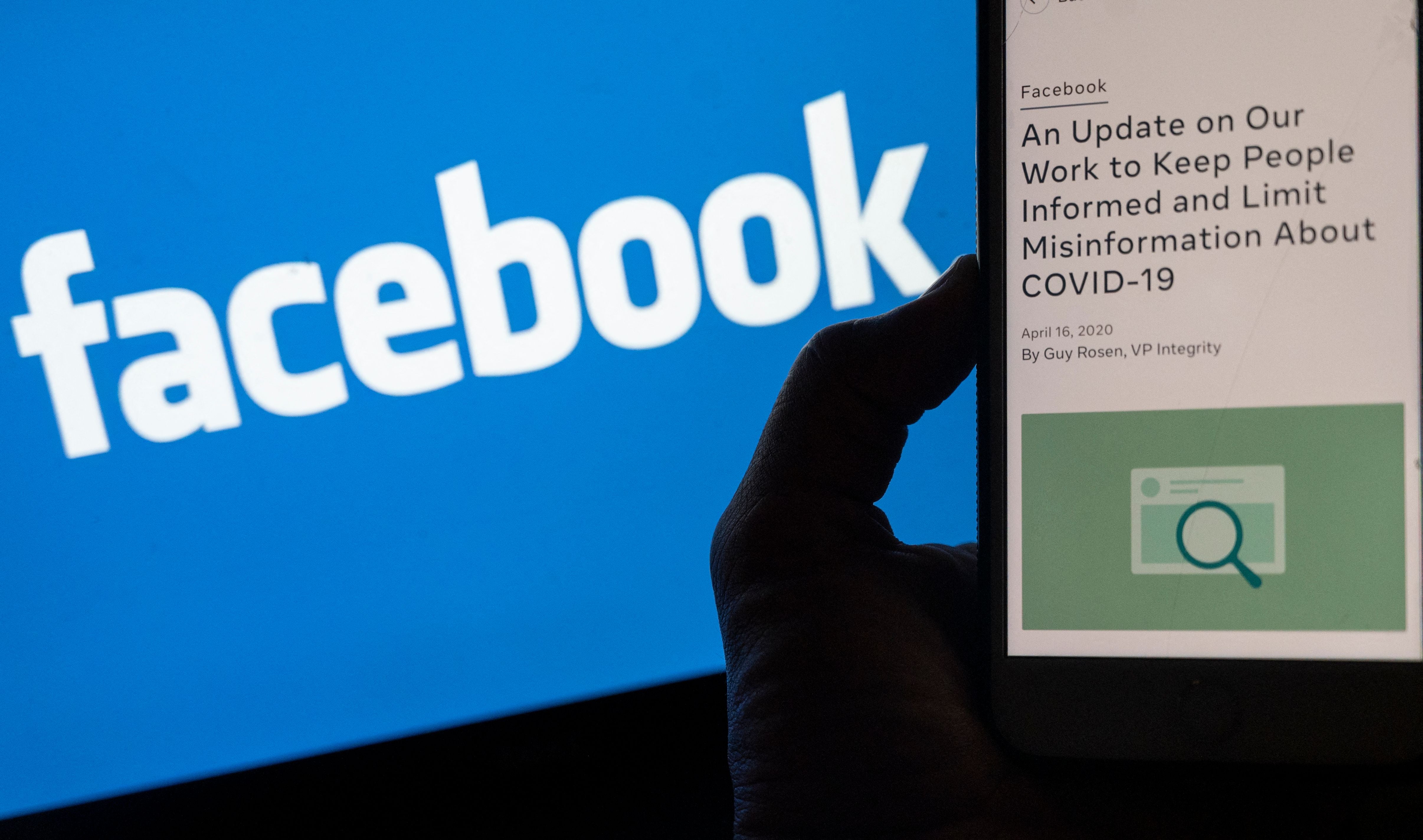The First Amendment Supreme Court case right wingers are crazy for
The initial lawsuit points to the Hunter Biden laptop story, conspiracy theories about Covid-19 originating in a Wuhan lab and Elon Musk’s Twitter Files
Your support helps us to tell the story
From reproductive rights to climate change to Big Tech, The Independent is on the ground when the story is developing. Whether it's investigating the financials of Elon Musk's pro-Trump PAC or producing our latest documentary, 'The A Word', which shines a light on the American women fighting for reproductive rights, we know how important it is to parse out the facts from the messaging.
At such a critical moment in US history, we need reporters on the ground. Your donation allows us to keep sending journalists to speak to both sides of the story.
The Independent is trusted by Americans across the entire political spectrum. And unlike many other quality news outlets, we choose not to lock Americans out of our reporting and analysis with paywalls. We believe quality journalism should be available to everyone, paid for by those who can afford it.
Your support makes all the difference.At the height of the Covid-19 pandemic – a time when social media was one of the few ways people could connect with each other and keep tabs on current events – the long-held debate around how to handle online misinformation spiralled.
Conspiracies about the integrity of US elections was soaring, misinformation about the origins of Covid-19 was rampant and speculation about the safety of vaccines was flooding social media.
Set against a backdrop of a highly politically polarising time, government officials decided some sort of regulation was needed.
And so, the US government requested that Twitter, Facebook and other social media companies remove misinformation specifically about Covid-19 and the 2020 election from their platforms.
As a result, several right-wing individuals had their content restricted, taken down or blocked in what they claim was the Biden administration teaming up with social media companies to suppress conservative speech online.
This, they claimed was a violation of their First Amendment right to free speech.
Attorney generals of Missouri and Louisana sued the White House, along with dozens of officials and agencies, accusing them of coercing social media platforms into stifling political speech.
The case quickly turned into a partisan issue right-wing figures invoking conspiracy-theory-like mindsets.
Now, the issue has reached the nation’s highest court with the Supreme Court hearing arguments in Murthy v Missouri (formerly Missouri v Biden) on Monday.
The ruling from the justices could completely alter the way the government uses social media to tackle misinformation.

So what is the case all about?
The question at the centre of Murthy v Missouri has been highly debated since the rise of social media: how far, if at all, can the government intervene in regulating speech online before it becomes a violation of the First Amendment?
The initial lawsuit and subsequent amici in the case points to buzzwords and examples known to initiate debate such as the Hunter Biden laptop story, conspiracy theories about Covid-19 originating in a Wuhan lab, doubts over Covid-19 vaccine efficiency, Elon Musk’s Twitter Files and more.
The lawsuit was first filed by the state of Missouri on behalf of two Covid-skeptical infectious disease epidemiologists, an anti-mask advocate, the owner of the conspiracy theory website The Gateway Pundit and a psychiatrist who opposed lockdown mandates.
They alleged that government officials, under both the Biden and Trump administrations, engaged in “public pressure campaigns, private meetings” and more to collude and/or coerce social media platforms to suppress conservative viewpoints, speakers and content.
In some conversations, White House officials asked social media companies to remove misinformation believing it to be harmful to public health, the suit claims. In others, the companies allegedly reached out to government officials or agencies like the Center for Disease Control and Prevention (CDC) to determine if a claim was true or false.
Other correspondence seemingly show officials making pushy requests and social media companies responding with frustration.
The Biden administration denies coercing companies into stifling free speech, saying their requests were exactly that – just requests – and were made to protect public health, safety and the election and that the social media companies complied on their own volition.
Should the nation’s highest court side with Missouri and Louisiana, it would impact how government officials can work with social media platforms to flag misinformation or conduct business concerning national security.
It came as little surprise that the Supreme Court took up the case.
This term is already packed with similar cases involving the First Amendment and social media content moderation.
In September, the ultra-conservative Fifth Circuit Court of Appeals issued a sweeping ruling, limiting some of the Biden administration’s abilities to communicate with social media companies.
That ruling is placed on hold until the Supreme Court issues a decision.
A decision in Murthy v Missouri is expected in or before June.

Join our commenting forum
Join thought-provoking conversations, follow other Independent readers and see their replies
Comments